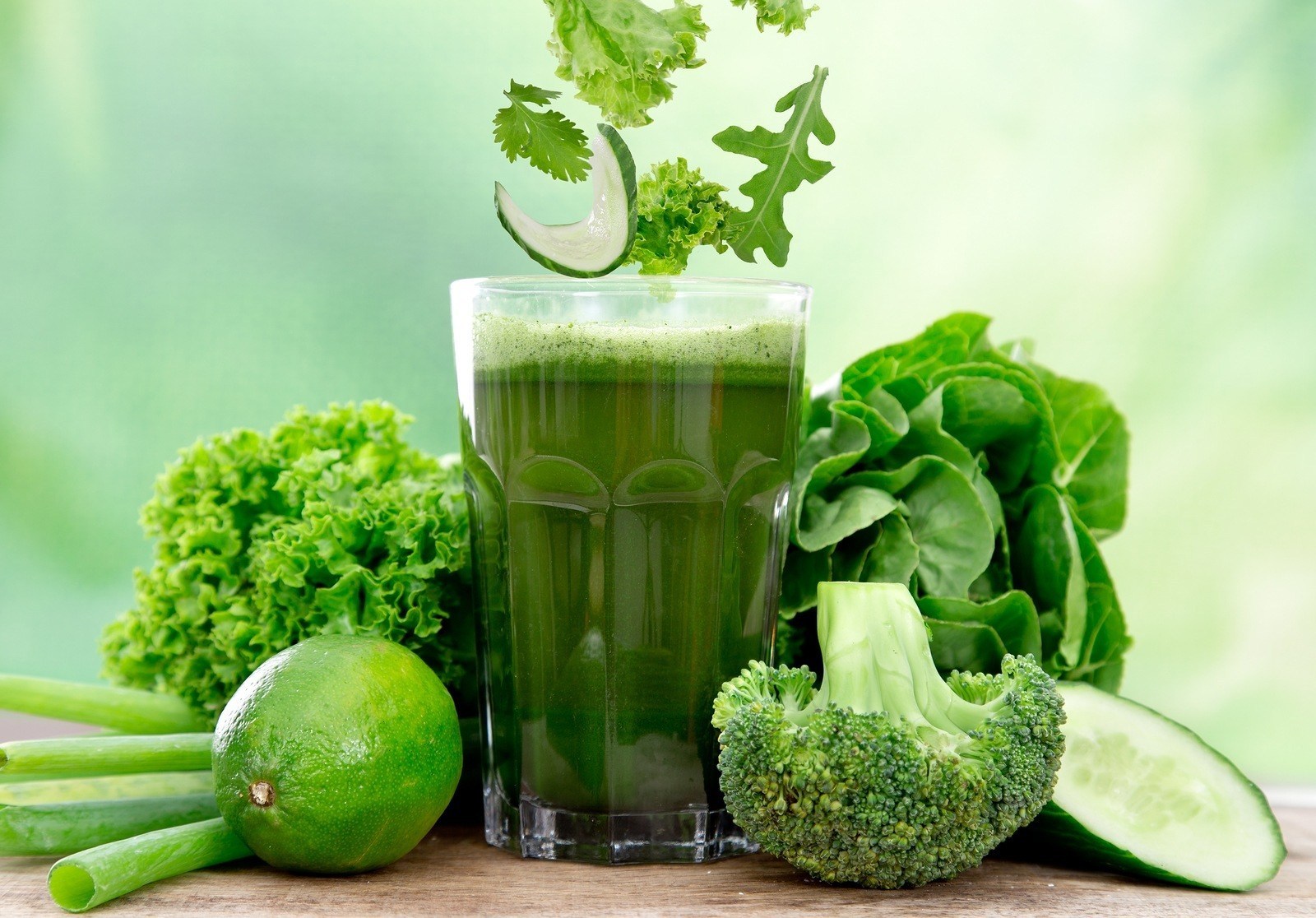Johan Cerstiaens, Commercial Director at SVZ provides some insight
From breakfast go-to, to post-gym treat, fruit juice is a staple for millions of consumers globally. As a beverage that is marketed as healthy and natural, it is especially enjoyed by busy consumers who see it as a way to easily consume essential minerals and vitamins. Supermarket aisles reflect this popularity, boasting a broad range of colourful combinations to suit all tastes and preferences: from conventional flavours like orange and apple to blends including red berries, tropical flavours or superfruits.
Are juices too sweet?
In recent years fruit juice has slightly fallen from grace. While many brands have reformulated to remove added sugar, due to the high levels of naturally occurring sweetness in juice, even completely natural drinks have been caught up in the recent ‘sugar backlash’ that has swept the food and drink industry. Fruit juice has therefore presented somewhat of a dilemma for manufacturers and health policy makers, as they try to ensure the reduction of sugar content in drinks, whilst still recognising the health benefits of juice. For example, while both Public Health England and UNESDA, the Union of European Soft Drinks, have included fruit juice as part of their sugar reduction programmes, products which contain 100% fruit juice are currently exempt from the UK’s sugar tax.
Concerns about the sugar content of fruit juice aren’t just coming from regulatory authorities, however. As consumers pay more attention to their health and wellbeing, they are increasingly looking for high-quality, natural drinks which deliver nutritional and even psychological benefits as well as a great taste. This demand for healthy, multi-benefit drinks represents a great opportunity for both juice manufacturers and ingredient suppliers to find innovative new ways to satisfy consumers’ changing needs.
Despite the challenges facing the industry, juice is still immensely popular with younger consumers, with recent research from Kantar finding that 36% of respondents drank juice daily. The appetite for fruit juice is evidently still there, so how can both manufacturers and brands delight consumers while satisfying calls for more variety and less natural sweetness?
Vegetables hold the answer
Amid all the concern about the sugar content of fruit juice, it makes sense for brands to turn to vegetable-based blends. With a more savoury flavour, vegetables have less sugar and calories than fruit, while still being rich in vitamins, minerals and antioxidants. Encouragingly, almost 40% of those surveyed by Kantar felt positive about juices and smoothies containing vegetables. In fact, many consumers have already been exposed to vegetable-based drinks and juices in supermarkets – Cawston Press and Innocent for example, have been selling ‘brilliant beetroot’ and ‘easy greens’ juices respectively for years.
The veg juice trend also extends to the largest industry players. The Coca Cola Company for example have been exploring more savoury flavours with its recently launched 100% vegetable juice Minute Maid range, which features flavours such as tomato, carrot, celery, cucumber and beetroot. In the UK, Morrisons has recently added to its chilled juice range with an orange and carrot blend, whilst cold-pressed ‘raw’ smoothie brand Savsé combine superfruits such as blueberries with beetroot, kale, spinach in their ‘super blue’ drink.
Grown-up tastes
By exploring more savoury flavours – in combination with, or replacing, the sweet – manufacturers are not only cutting back on sugar content. They’re also appealing to consumers with more adventurous palates, who want to push their taste experiences beyond the norm.
Also, with less and less young people drinking alcohol –19% of those in the 16-24 age bracket report they do not drink at all – vegetable-based blends are a soft drink alternative to alcohol that is more suited to grown-up palates.[1] English juice manufacturer Pixley Berries, for example, is specifically catering to this market through a range of blends and flavours including a beetroot and rhubarb juice that is ‘naturally low in sugar’.
The future of juice
With fruit juice still a recommended element of a healthy, balanced diet, it’s undeniable that concerns surrounding sweet drinks are motivating manufacturers to explore more savoury juice flavours. By utilising ingredients such as spinach, celery, beetroot and carrot in their juices, brands will be able to naturally reduce sugar content, while also attracting adventurous consumers and those who are looking for more ‘adult’ soft drink alternatives.
Here at SVZ, our portfolio of premium, sustainably sourced ingredients allows producers to create innovative new flavour combinations to excite their customers. By taking advantage of our high-quality vegetable ingredients for their juices, manufacturers can rest assured that they will not only cut back on sugar content but also provide consumers with the best possible taste.
For further information please contact Dejan Trifunovic
SVZ International BV, email:



